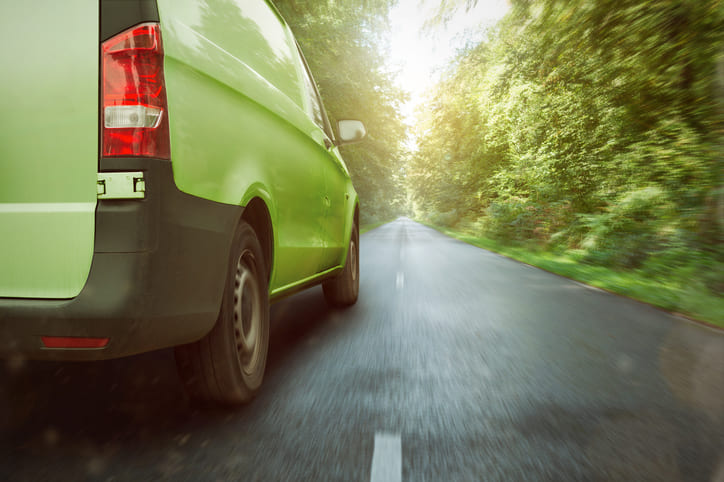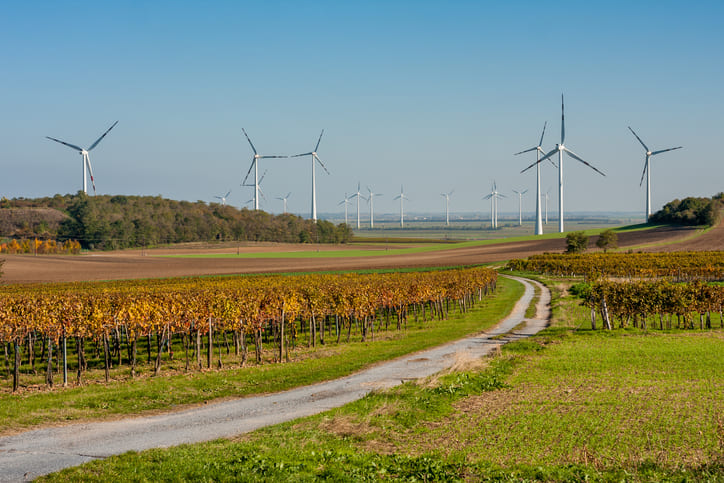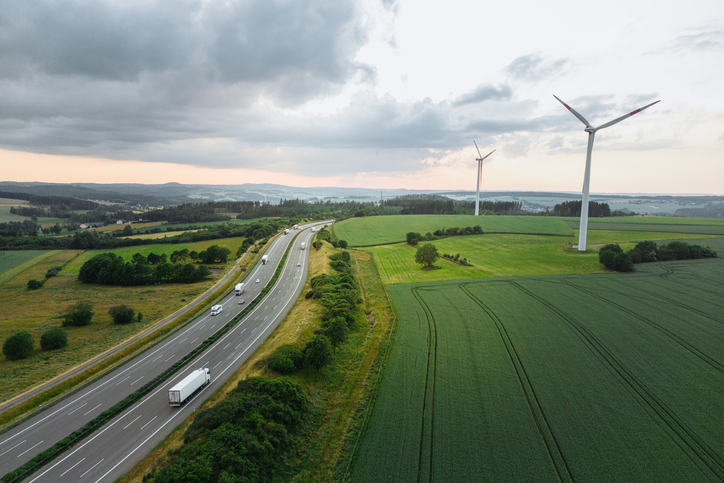Can technology make trade faster, cheaper and more sustainable?
The reliance on the digital world to not only do business now, but to improve trade across borders and use less resources is unfolding faster than ever before. Pushed along by the recent pandemic. By jumping on the digital train, which has already left the station, means we’ll reduce paper usage, which ultimately protects forests and green spaces.
A broad spectrum of speakers at the UK's recent Wine and Spirit Trade Association summit, delved into how digital is a driving force for better trade and more sustainable trade.
Russell Davies, Hillebrand UK’s Country Manager told listeners that 60% of the wine volume imported into the UK is from the EU, and although Covid-19 deterred the desire for paper documents to change hands, physical paperwork is still in existence. What is needed (he said), is a collective digital platform to hold all the information needed for the trade, transport and sale of goods. The security of that data should then be managed on a need to know party basis. What Russell is referring to is on a collaborative government to government led system. An example of how a platform that shares data to supply chain parties, can improve the flow of goods, is myHillebrand. Hillebrand’s in-house designed portal for shipment management.
“Paper is not dead, it is dying”. Miles Beale, Chief Executive WSTA
Oliver Oram CEO Chainvine told us “supply chain is like cold wet spaghetti. No one wants to touch it!”. He presented something they call intelligent wine. This is a process of using QR codes to trace a bottle and its contents. Ultimately, carrying the digital intelligence of a bottle moving across borders. This allows everyone in the movement of it, to be digitally compliant, connected and products traced. Chainvine is facilitating the collation of that information by connecting the shipper, port authority, exporter, importer and government. By doing this, it means the faster the flow of information, less errors in admin, reduced manual data manipulation and quicker payments for all parties within the supply chain.
Ignacio Sanchez Recarte, CEEV Secretary General shared their efforts in the use of e-labels to communicate nutrition and ingredients. They’re trailing how to use QR codes to share traditional label data and offering guidance on the legal requirements for them. The platform is in its final test phase currently within Europe, and he highlighted that one label can be downloaded in 24 languages. So no matter where you are in the world, one digital label could contain all the information needed for the consumer. It promises to cut down on resources, admin and errors. Interestingly, one of the final points discussed was “is digital actually sustainable?” since servers generate heat, which needs to remain cool using air conditioning. The general consensus was that the energy use for digital is far less than anything manufactured or mined.



